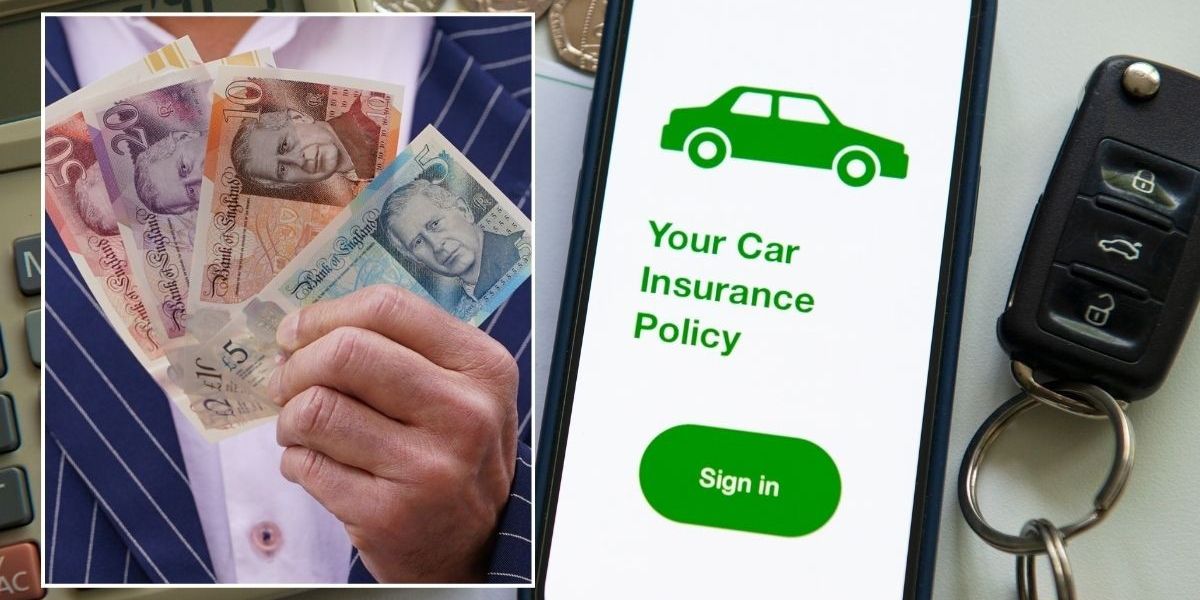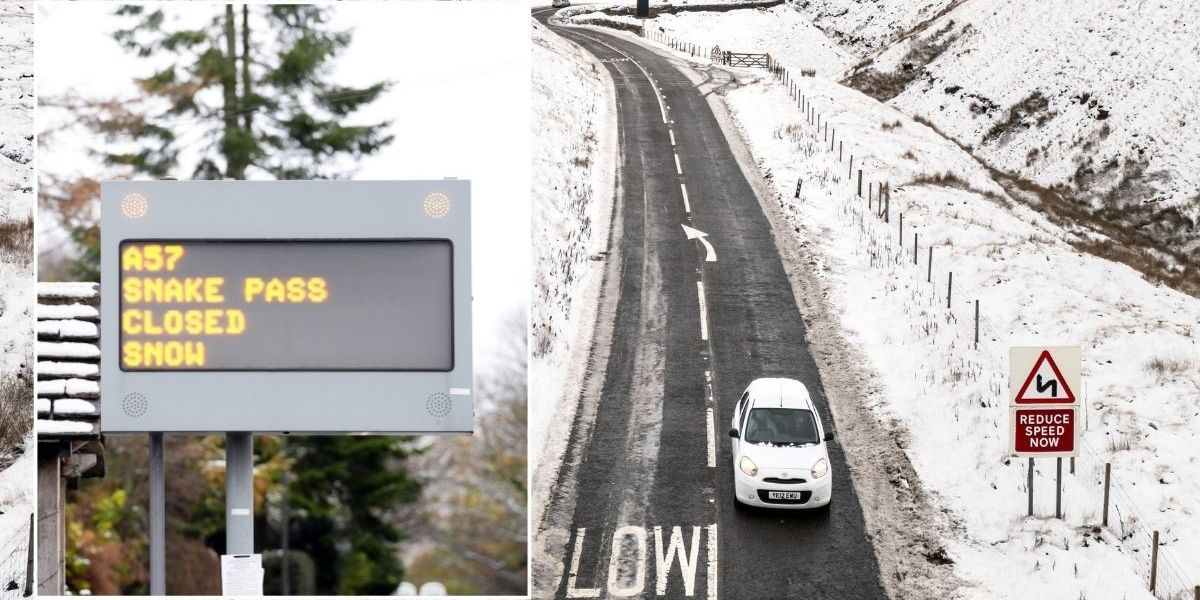Experts have predicted that petrol and diesel cars will remain on the roads for decades to come as Labour prepares to ban the sale of internal combustion engine vehicles.
Prior to last year’s election, Labour pledged to reinstate the original 2030 deadline to ban sales of new petrol and diesel vehicles and prioritise the sale of electric cars.
This was in response to former Prime Minister Rishi Sunak’s decision to roll back a number of net zero targets, headlined by the move to delay the car ban by five years, pushing it back to 2035.
Labour’s plan will alongside the Zero Emission Vehicle (ZEV) mandate which requires manufacturers to have a minimum percentage of sales come from electric cars.
Do you have a story you’d like to share? Get in touch by emailing[email protected]
Experts have predicted that polluting petrol and diesel vehicles could remain on the road for decades to come
GETTY/PA
It was originally introduced last year and had a target of 22 per cent, with this target rising to 28 per cent by the end of the year.
Labour has outlined that it has not brought forward the 2035 date to ban the sale of new petrol and diesel vehicles, preferring instead to phase out cars that rely solely on internal combustion engines.
This means some non-zero emission vehicles, like hybrids, will be given the green light for sales beyond the end of the decade until 2035.
As part of an ongoing consultation, the Department for Transport is seeking views on the phase-out of new cars that rely solely on an internal combustion engine from 2030.
Regardless of when Labour confirms the ban on new ICE vehicle sales, drivers will not be restricted from using petrol or diesel cars and vans beyond 2030, 2035 or any other date.
Similarly, second-hand sales of polluting vehicles will be able to continue, unless the Government passes further legislation to ban these sales in accordance with its net zero goals.
According to Motorway, the average lifespan of a car is around 14 years. This continues to rise as vehicles become more advanced and drivers learn how to take care of their vehicles.
Experts from the car sales platform said: “This means that new petrol and diesel cars purchased in the latter end of 2034 could feasibly remain on the roads until at least 2048.”
While petrol and diesel vehicles could remain on the roads for years and decades to come, governments around the world will likely take steps to penalise these drivers from being on the road.
Some of these policies are already being rolled out across the UK including emissions-based parking charges, Low Emission Zones and even car tax hikes.
Chancellor Rachel Reeves announced in the Autumn Statement that first year Vehicle Excise Duty (VED) rates for all cars emitting more than 76g of CO2 per kilometre will see prices double from April 1, 2025.
Motorists who buy the most polluting petrol or diesel vehicles, namely those which emit more than 255g/km, will see prices spiral from £2,745 to a whopping £5,490.
LATEST DEVELOPMENTS:
Sales of new petrol and diesel cars will be banned in the coming years, although second-hand sales will still be allowed
GETTY
A Department for Transport spokesperson told GB News: “We want to support the sector through the transition to electric, as we continue to deliver our growth mission.
“We are therefore currently consulting on requirements between 2030 and 2035, including details for smaller manufacturers, and will confirm details in due course.”










